|
The
Southern Diaspora may have been the most momentous
American population movement of the twentieth century. Between
1900 and 1980 more than 20 million southerners left their
home region looking for jobs in the cities, suburbs, and farms
of the North and West. Most visible were the African American
southerners whose migration transformed urban America and set
the stage for important changes in racial understandings and the
rights of people of color. White southern migrants outnumbered
black migrants and in some settings were almost as
controversial. Called "hillbillies" in the North and "Okies"
out West, the whites faced challenges different than most
Americans who move across state lines.
This site introduces the history of the Southern Diaspora and serves as
a companion to the prize-winning book by James N. Gregory,
The Southern Diaspora: How The Great Migrations of Black and White
Southerners Transformed America
(University of North Carolina
Press, 2005)
Historians usually separate the stories of the Great Migration of black
southerners from the Dust Bowl and Appalachian migrations of whites.
The Southern Diaspora brings them together to show the connections
and differences.
Here you will find information about the experiences of migrating
southerners of both races. You
will also find information on the impact and legacy of the dual
migrations.
The Southern Diaspora transformed American religion, spreading Baptist
and Pentecostal churches and reinvigorating evangelical Protestantism,
both black and white versions.
The Southern Diaspora transformed American popular culture, especially
music. The development of Blues, Jazz, Gospel, and R&B and the
development of Hillbilly and Country Music all depended on the southern
migrants.
The Southern Diaspora enabled the transformations in politics and
culture that set up the Civil Rights era. Black southerners in the great
cities of the North and West developed institutions and political
practice that resulted in momentous changes in the system of race and
rights.
The Southern Diaspora also helped reshape American conservatism,
contributing to new forms of white working-class and suburban white
politics, especially since the 1960s. Indeed most of great
political realignments of the second half of the twentieth century had
something to do with the population movements out of the South.
These and other arguments are developed in the new book,
The Southern
Diaspora: How the Great Migrations of Black and White Southerners
Transformed America.
This
web site can be used in two ways. As a companion to the
book, it provides supplemental materials, including
photos,
graphs and tables, and bibliography.
If you are new to the subject and want to learn more about the
experiences of southern migrants and the many dimensions of the Southern
Diaspora, start by reading the Preface
and Introduction
to the book. Then examine the photo essay on
the two Great Migrations. You will also find
links to interviews and other web pages that deal with important
aspects of the Diaspora.
Contact:
James N. Gregory
Department of History
University of Washington
Seattle, WA 98195
gregoryj@u.washington.edu |
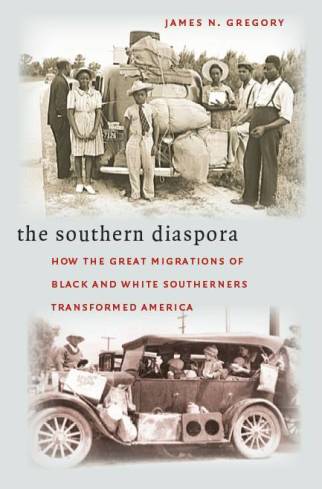
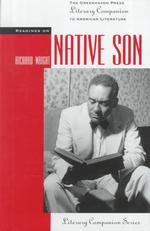 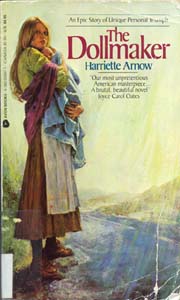
The two great migrations have been the subject of great art and
literature, including classic novels by Richard Wright,
Harriette Arnow, Ralph Ellison, and John Steinbeck and classic
paintings by Jacob Lawrence and photographs by Dorothea Lange.
Click here to learn more about diaspora art and literature.
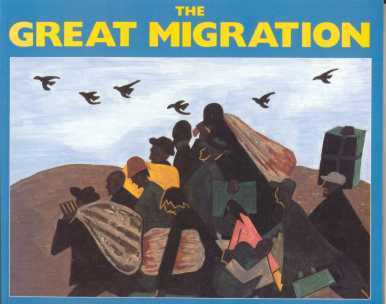 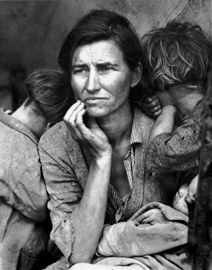
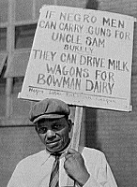 
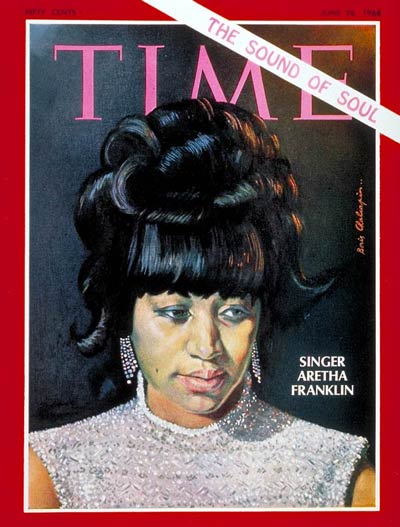 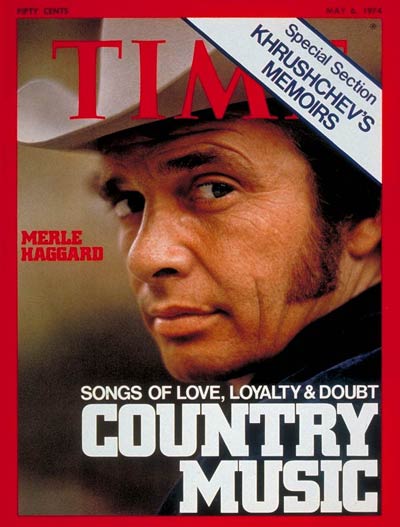
The Diaspora
played a key role in the creation and dissemination of Blues,
Jazz, Gospel, Rock,Soul, Hillbilly, and Country Music. Aretha
Franklin and Merle Haggard were both children of the Diaspora,
one raised in Detroit, the other in Bakersfield after their
parents left the South
|